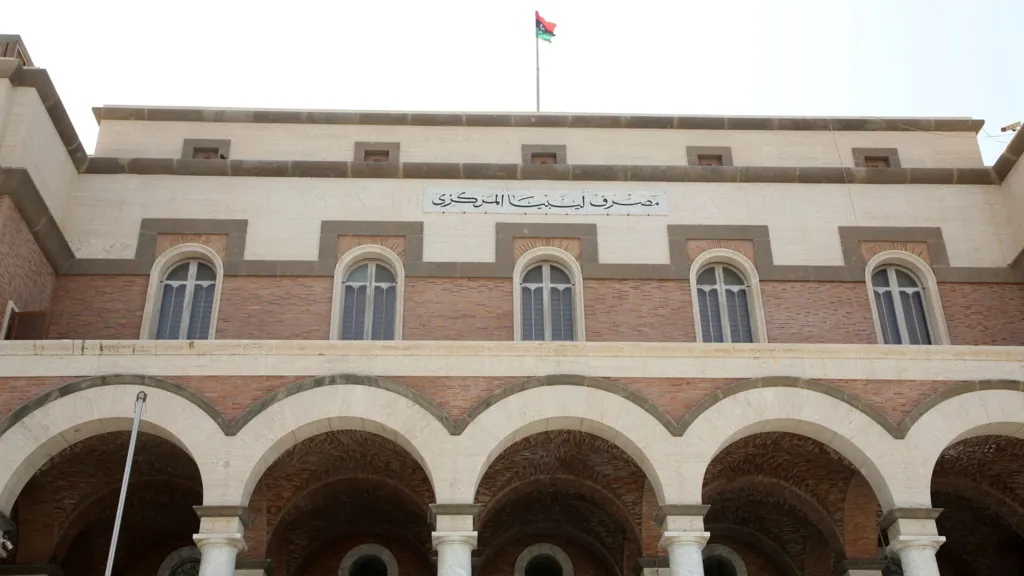Libya’s Central Bank is embroiled in a scandal involving missing funds and a high-profile kidnapping, raising serious concerns about corruption and the stability of the nation’s financial institutions. The incident has further highlighted the challenges faced by Libya as it struggles to rebuild after years of conflict and political turmoil.
According to reports, a significant sum of money has gone missing from the Central Bank, sparking an investigation that has led to the kidnapping of a key bank official. The circumstances surrounding the kidnapping remain unclear, but it is believed to be linked to the ongoing investigation into the missing funds.
“This is a clear sign of the deep-rooted corruption that continues to plague Libya,” a political analyst commented. “The fact that a high-ranking bank official can be kidnapped in connection with a financial investigation speaks volumes about the lawlessness and lack of accountability in the country.”
The scandal has also raised questions about the role of the Central Bank in Libya’s broader economic recovery efforts. As the investigation continues, many are calling for greater transparency and oversight to prevent similar incidents from occurring in the future.
For Libya, the situation underscores the ongoing challenges of governance and the need for reform in its financial institutions. The outcome of this investigation could have significant implications for the country’s future stability and its efforts to combat corruption.


